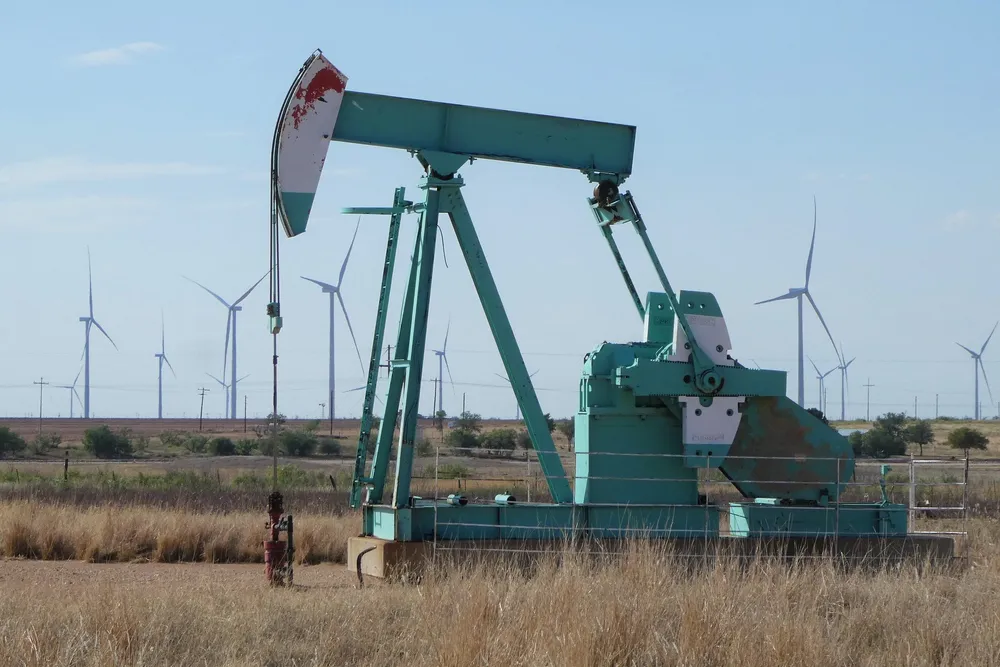Race for Texas electrons unites clean and fossil groups to kill anti-renewables bills
Long-running antagonists and their customers are finding common ground amid surging demand in one of the western hemisphere's hottest growth markets

United in concern over potential future power shortages, an unlikely coalition of historically antagonistic clean and fossil energy developers, producers and supporters played a key role in helping kill punitive anti-renewables bills in Texas.
“There were also large industrial and commercial users of power opposed to many of the most egregious proposals,” he added, including influential lobby groups Texas Association of Manufacturers, Texas Chemical Council, Texas Oil and Gas Association, and Texas Association of Business.
“They don’t always in their statements of opposition take a position on renewables, but what they do take a position on is the need for power, the need for power quickly, and the need for power that is affordable,” said Messer.
The state is by far the largest US producing state for crude oil and natural gas, as well as the largest wind and utility-scale solar energy generator and consumer in the western hemisphere.
The Texas economy is booming, having surpassed Canada, driven by population growth, production and exports of energy, rapid technology sector expansion, and trade with Mexico.
The legislative session ended Monday with four Senate anti-renewables bills – SB 383, 388, 715, and 819 – failing to advance in the House, delivering a major defeat for proponents.
These comprised conservative Republican lawmakers allied with President Donald Trump or those ideologically opposed to renewable energy, groups funded by medium-size natural gas producers, and at least one billionaire annoyed with a project’s proximity to his country home.
Some smaller gas producers want to slow wind and solar development and in a best-case scenario, force facilities to close, in the hope they can meet supply shortfalls.
“A few lawmakers are still bowing to special interests. But by and large, the appetite for attacks on wind, solar, and battery storage is failing,” he asserted.
SB 715 was arguably the best example of the clean-fossil energy producer-consumer coalition prevailing to kill an anti-renewables bill. This legislation mandated that all existing and future wind and solar farms obtain back-up power – firming - from natural gas or pay fines.
This requirement would have left projects in development uncompetitive on cost. Many of those in operation would also have become unprofitable and had to be shut down, leaving big industrial off-takers facing higher energy costs, scrambling for electrons, and eroding the state’s ability to attract investment and compete.
Increasingly, big oil players in the Permian Basin in West Texas, among the country’s largest and most prolific, are contracting renewables for power. The same for large manufacturing plants, and chemical and petrochemical plants and refineries that dot the Texas Gulf of Mexico coast.
Grid operator Electric Reliability Council of Texas (Ercot), which serves 90% of the state’s electric load, on 1 May had almost 40GW of wind capacity in commercial operation, 30.6GW of utility solar, and 11.2GW of storage.
While low-cost renewable energy reduces electricity prices and enhances supply diversity, the need for power right now in such a high-growth environment is top of mind for big industrial consumers, not to mention a plethora of bitcoin miners and data centre developers looking to locate or expand in the state, according to Messer.
“No matter the numbers you use, we have a lot of power demand coming on. We got to have every resource,” he said. Limiting certain streams of new electrons is a recipe for not meeting load growth.
A recent study commissioned by the Texas Association of Business found that limiting renewables would raise the cost of power at least 10%, lead to capacity shortfalls, and an estimated 1.8GW to 3.1GW of load shed under an extreme weather event.
SB 383 would have prevented offshore wind projects in state waters extending 10.35 miles into the Gulf of Mexico from interconnecting with Ercot. SB 388 would have tied renewable energy development to that of new natural gas power generation, which is presently hindered by supply chain bottlenecks.
SB 819 would have imposed a discriminatory and arbitrary permitting regime for wind and solar.
(Copyright)